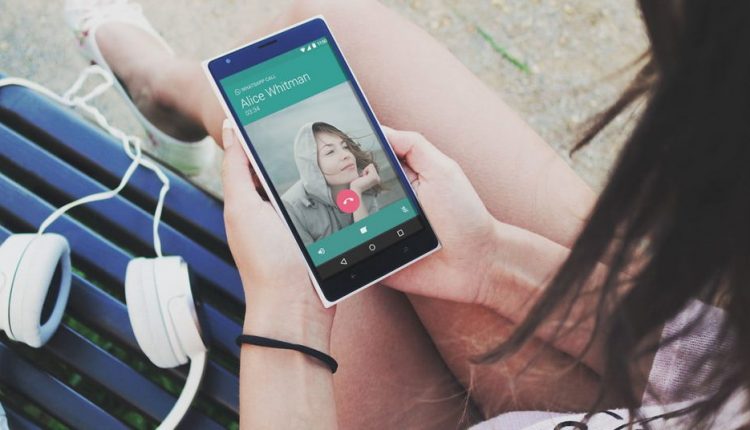Why have Americans turned a cold shoulder to messaging giant WhatsApp?
It had an estimated 1.5 billion monthly users worldwide as of 2017. It’s been banned in China, where the government issued a copycat app, WeChat. When authoritarian regimes crack down on popular protests, it is often one of the first social media apps to go dark. It has 400 million monthly users in India alone, where users say it is simply the way people communicate. It’s hugely popular in Europe and the Middle East as well.
And yet a question remains: Why is WhatsApp practically unknown in the U.S., the world’s largest economy? Why is WhatsApp not also “the default” for messaging, as it is elsewhere in the world? The answer, it seems, is a complicated cocktail of worldwide telecommunication development mixed with American travel habits. Or rather, the lack thereof.
WhatsApp launched in 2009 in California, built by software engineers Brian Acton and Jan Koum. It grew in popularity so swiftly that Facebook bought it in 2014 for a cool $19 billion; this is still Facebook’s largest acquisition to date, and one of the largest in tech acquisitions history significantly more than the $1 billion it spent to buy Instagram. (Acton has since gone on to found Signal, a more secure, less corporate, less UI-friendly version of WhatsApp.)
A Pew survey conducted at the end of 2018 of adult social media use in 11 different emerging economies found that Facebook and WhatsApp were by far the most popular messaging apps, above Instagram, Twitter, Snapchat, Tinder, and Viber.
Yet its user numbers in the U.S. are markedly lower than in comparable population sizes. WhatsApp, via Facebook, did not respond to a request for comment for this story. Facebook’s third-quarter revenue numbers do not separate WhatsApp users out from the general Facebook product-using populace.
But according to the Pew Research Center, the number of adults using Facebook plateaued in 2018, and WhatsApp user number decreased: Only 20% of U.S. adults use WhatsApp in 2019, down from 22% in 2018. This is vastly smaller than the 73% who use YouTube, and the 69% who use Facebook. The only social media network that was less popular in the U.S. was Reddit.


